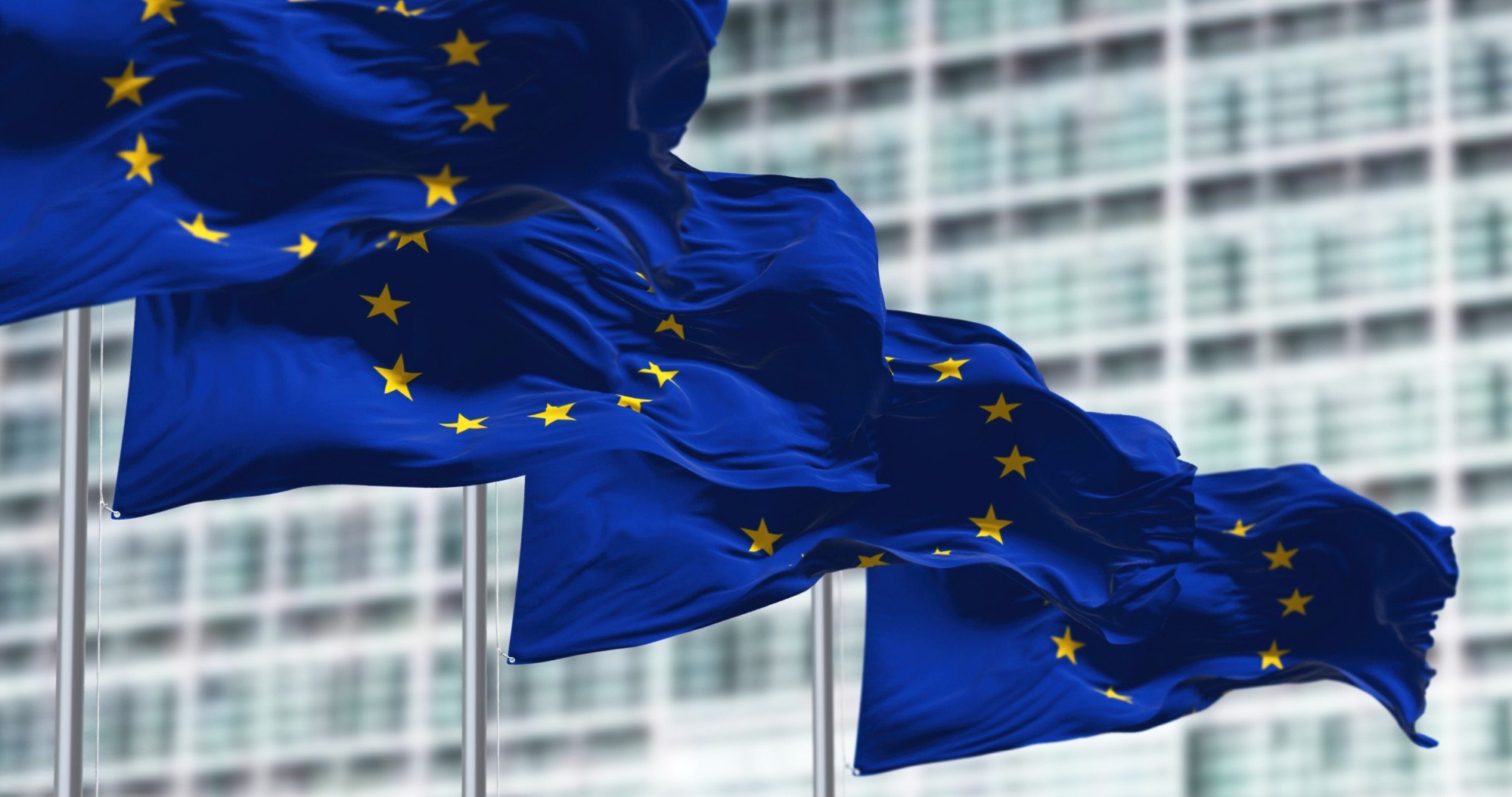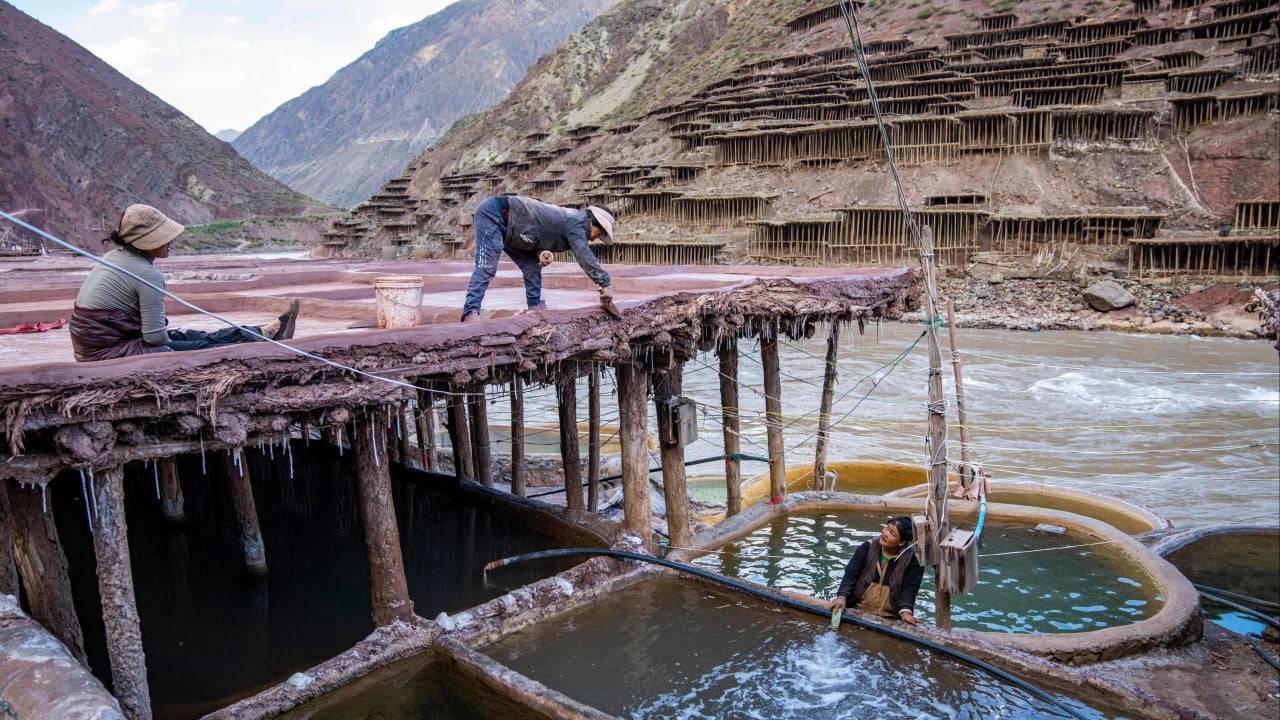Exclusive | EU officials headed to China for human-rights dialogue as rare Tibet field visit planned
In an unexpected turn amid high bilateral tensions, European Union officials are to visit Tibet this month as a side outing to their annual human-rights dialogue with China.
The dialogue will take place on June 16 in Chongqing, an EU spokeswoman confirmed.
Brussels is understood to have requested a field visit to the Tibet autonomous region to examine human-rights conditions there, having given Beijing the names of some prisons it hoped to see.
“As it stands now, a side visit to Tibet is also being organised by the Chinese authorities for a small group of officials from the European External Action Service who follow human rights issues,” said Nabila Massrali, the bloc’s foreign affairs spokeswoman.

The EU team will be led by Paola Pampaloni, the second-in-command on its Asia desk within the union’s diplomatic corps.
Brussels can be expected to raise the many concerns it has about human rights in China, including hot-button issues in Tibet, the Xinjiang Uygur autonomous region and Hong Kong.
The Tibet trip will be sure to raise eyebrows. It is rare for a European delegation to be granted access to the secluded region. For years, Brussels has pummelled Beijing for breaching human rights there.
Last year, in a statement to mark human rights day, the EU pointed to practices including “obligatory boarding schooling and DNA sampling” as “further indications of the dire human-rights situation”.
“The EU continues to call for meaningful, unrestricted and unsupervised access by independent international experts, foreign journalists and diplomats to Tibet, Xinjiang and elsewhere in China,” the statement read.
In a report published last month, global advocacy group Human Rights Watch said the Chinese government since 2016 “has dramatically accelerated the relocation of rural villagers and herders in Tibet”.
The relocations, “often to areas hundreds of kilometres away”, the group added, have been described as voluntary by Beijing, which justifies them as improve people’s livelihood and protecting the ecological environment.

Beijing denies all charges of human rights violation in Tibet. It has long rejected allegations of curbing religious freedoms in the region, while also while stressing that Tibetan Buddhism should adapt to the Chinese context.
The situation in Xinjiang will also be on the agenda in Chongqing.
Last year, in a statement after the human-rights dialogue held in Brussels, the EU “referred to the report issued by UN High Commissioner for Human Rights on the human-rights situation in Xinjiang, underscoring the urgency of implementing the recommendations included in the report”.
During that meeting in the Belgian capital, the bloc also raised the “deterioration in the situation of freedom of peaceful assembly and association, and freedom of expression in Hong Kong”, according to an EU statement on the talks.
China, the statement said, “focused on the situation and treatment of refugees and migrants in the EU and manifestations of racism and xenophobia in the EU”.
The long-running exchange had been an annual fixture in the diplomatic calendar until a tit-for-tat sanctioning blitz put it on ice during the coronavirus pandemic in 2020, 2021 and 2022.
At 2022’s EU-China summit, a pledge was made to restart the talks.
The sanctions, still in place, pertain to human-rights conditions in Xinjiang, where the Chinese government has been accused of conducting widespread persecution targeting Uygurs and other ethnic Muslim groups across the region, located in northwest China.
Since then, the EU has finalised a new law making big companies responsible for human rights and environmental abuses in their supply chains.
Lawmakers have said that if the businesses are unable to perform the requisite due diligence on suppliers – as can often be the case in Xinjiang, where most Western auditors do not operate – they should leave the region in question.
A second law, banning the use of forced labour, was formulated with the situation in Xinjiang in mind. However, to comply with World Trade Organization rules, it bans products made using forced labour anywhere in the world from the EU market.
The UN’s human-rights chief in 2022 accused China of committing “crimes against humanity” in Xinjiang in a blockbuster report.
Beijing countered that the allegations were “based on the disinformation and lies fabricated by anti-China forces and out of presumption of guilt”.
Human rights, often a thorny issue in the Sino-EU relationship, have slipped down the agenda in recent years, supplanted by geopolitical concerns over China’s relationship with Russia since its invasion of Ukraine in 2022.
Economic concerns have also risen up the priority list, with the EU set to slap import tariffs on Chinese-made electric vehicles next week.


